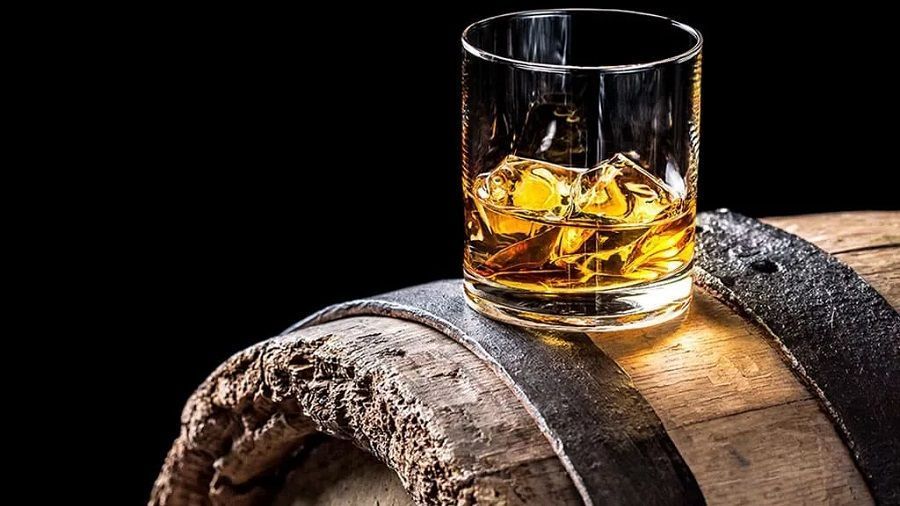The University of Glasgow’s University of Glasgow Environmental Research Center (SUERC) uses the Everledger blockchain to prevent Scotch whiskey counterfeiting.
SUERC researchers said the Everledger platform will be available to premium whiskey producers, retailers, auction houses and collectors. They will be able to track the supply chain of rare whiskeys, as well as check the quality of products and their compliance with established standards.
According to the center’s researchers, in 2018 the market for “vintage” single malt Scotch whiskeys was estimated at 57.7 million pounds (about $ 78 million). At the same time, about 40% of rare vintage whiskeys can be counterfeit. In 2018, the center performed radiocarbon analysis of 55 bottles of rare Scotch whiskey. Of these, 21 bottles were found to be counterfeit, or their contents were not distilled in the year indicated on the label.
As part of the SUERC and Everledger project, NFC chips (“Near Field Communication”) will be embedded in whiskey corks. All information about the origin of raw materials, the age of whiskey, the results of its radiocarbon analysis and the data of the supply chain will be stored on the blockchain.
SUERC researcher Elaine Dunbar believes that the Everledger blockchain will help prevent fraud in the whiskey industry, as the reputation of the producers suffers from the actions of attackers. This technology can be used by all interested parties who intend to protect their customers from buying counterfeit products.
Blockchain has become widely used in logistics. For example, last year, William Gran & Sons began using blockchain to authenticate premium Ailsa Bay whiskey. In addition, Singapore-based VeChain has also begun tracking wine shipments for the Australian winemaker using blockchain.







